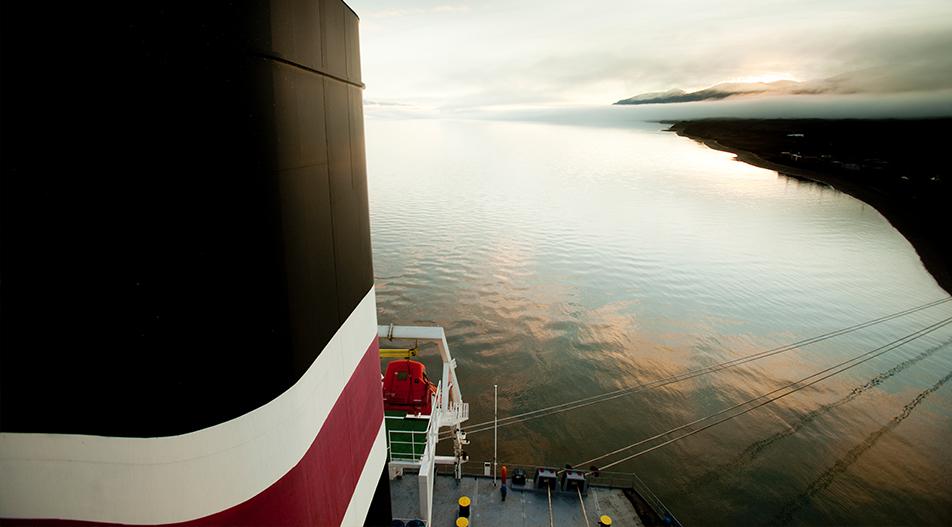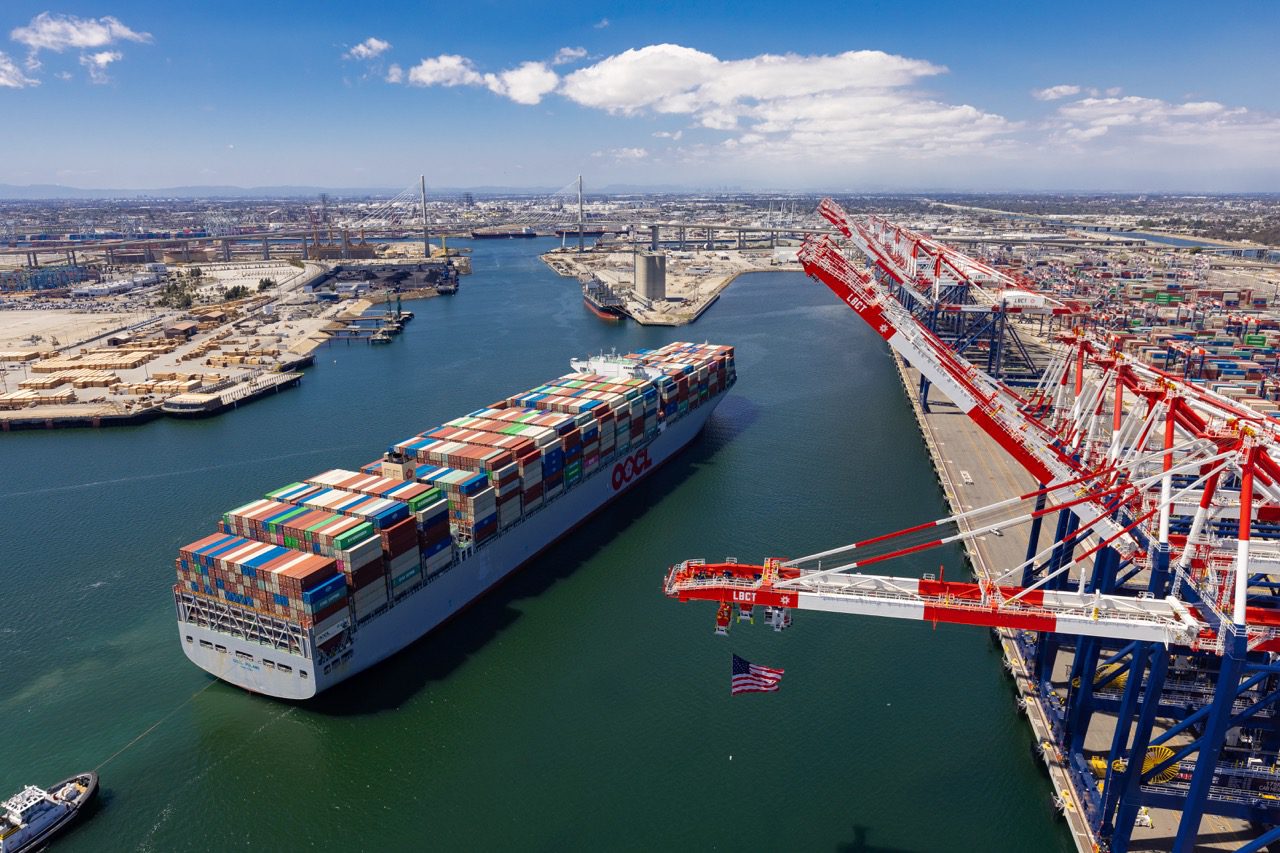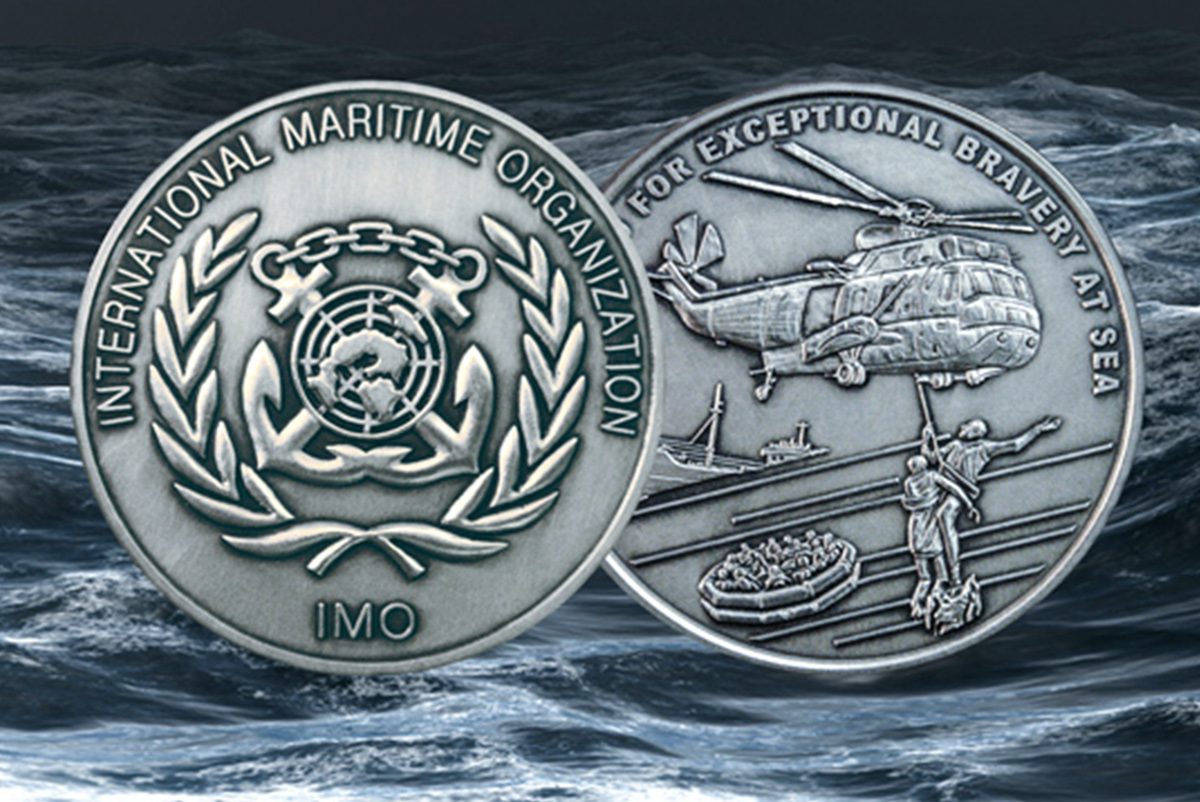Danish shipping company NORDEN has teamed up with 123Carbon to begin issuing carbon inset tokens to help customers decarbonize their supply chains.
The tokens will be issued through 123Carbon’s new platform, enabling NORDEN to “tokenize” CO2-equivalent reductions made on biofuel voyages and allocate them to industry customers who are looking to reduce their maritime Scope 3 emissions.
Carbon insetting is a mechanism that enables companies to reduce their carbon footprint by investing in emission reduction projects within their own value chains, rather than somewhere else or in an unrelated to the industry. While carbon insets are not new to the market, they are still in their early days in the shipping industry.
However, NORDEN believes that carbon insetting will play a major role in accelerating the uptake of low-carbon fuels by connecting the demand for green freight with the supply, while bridging availability constraints.
At present, the supply of low-carbon fuels such as biofuel is limited both in terms of production and geographic availability. The new platform aims to connect emission reductions made by NORDEN with customers that due to trading routes or other constraints are not able to bunker low-carbon fuels but are still looking to decarbonize their operations or supply chains.
According to Adam Nielsen, Head of Logistics and Climate Solutions at NORDEN, “Carbon insets are not new to the market, but are in their early days in the shipping industry. However, we believe that carbon insetting will play a major role in accelerating the uptake of low-carbon fuels by connecting the demand for green freight with the supply, while bridging availability constraints.”
The new platform has full transparency and traceability, with support from auditing companies such as Verifavia, a global verification auditing body specialized in transport, to thoroughly verify all underlying documents online. After verification, immutable tokens are issued on blockchain.
Nicolas Duchêne, General Director of Verifavia, explains that carbon insetting differs from carbon offsetting in that carbon emissions are reduced directly within the shipping value chain, rather than somewhere outside the shipping value chain or unrelated to the industry.
“Unlike carbon offsetting, the entire chain of custody for the insetting process is independently verified – as well as the reductions corresponding to an intervention – enabling genuine transparency over carbon reductions supported by reliable certification,” said Duchêne.
This new platform is expected to provide complete ownership to the buyer and provide full transparency and chain-of-custody with regards to the biofuel interventions, emission calculations, assurance, and risk mitigations.

 Join The Club
Join The Club











